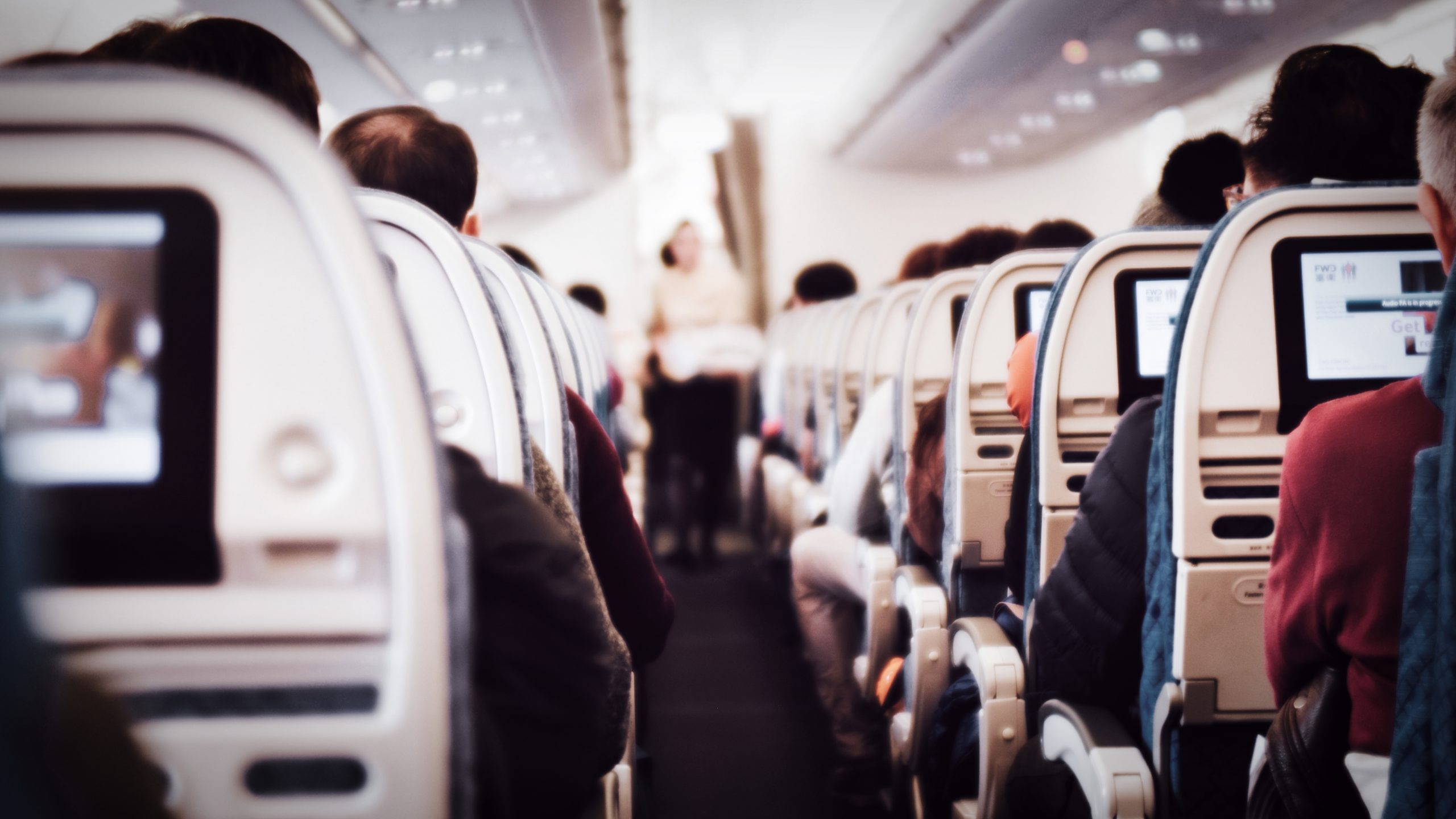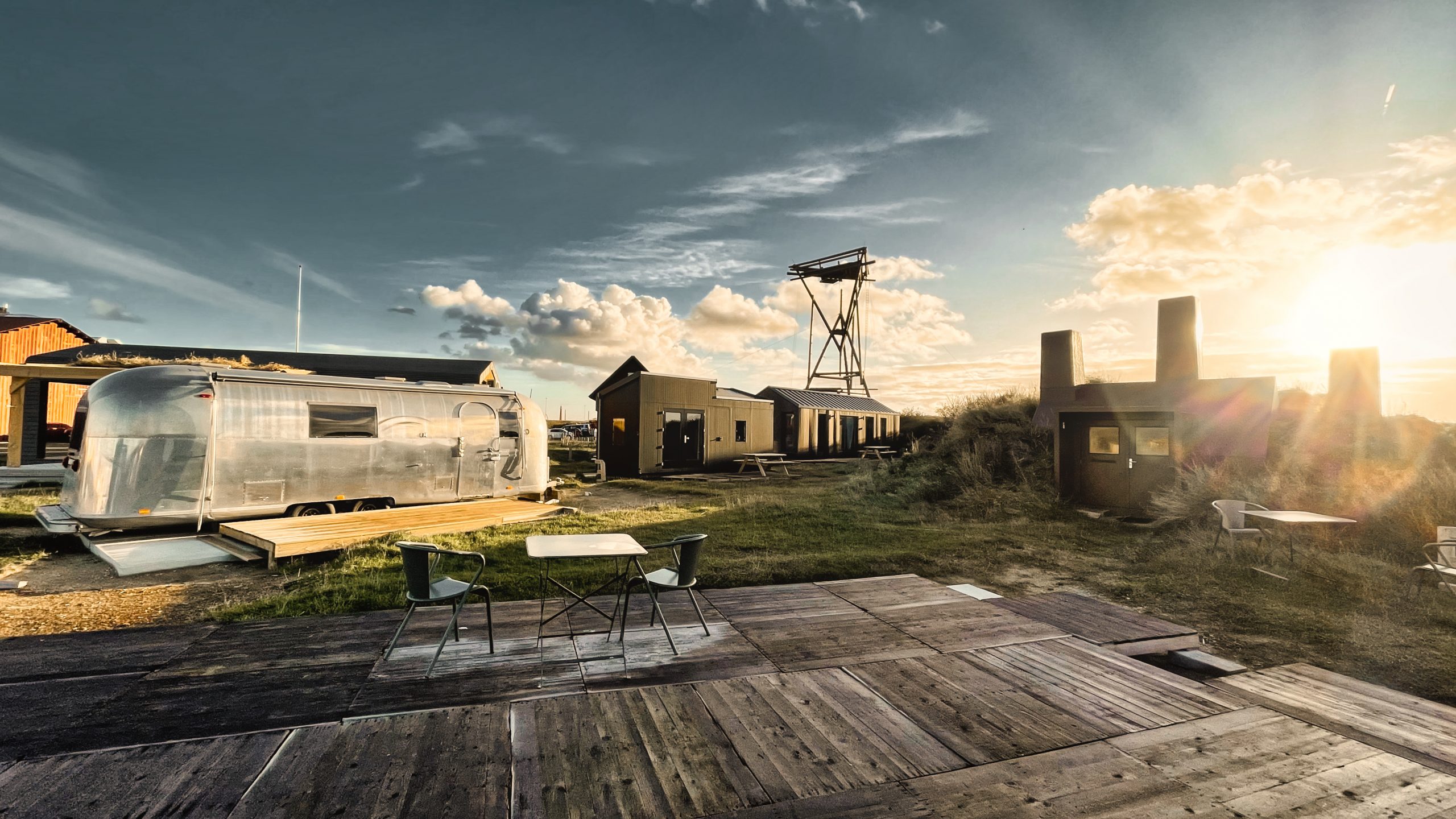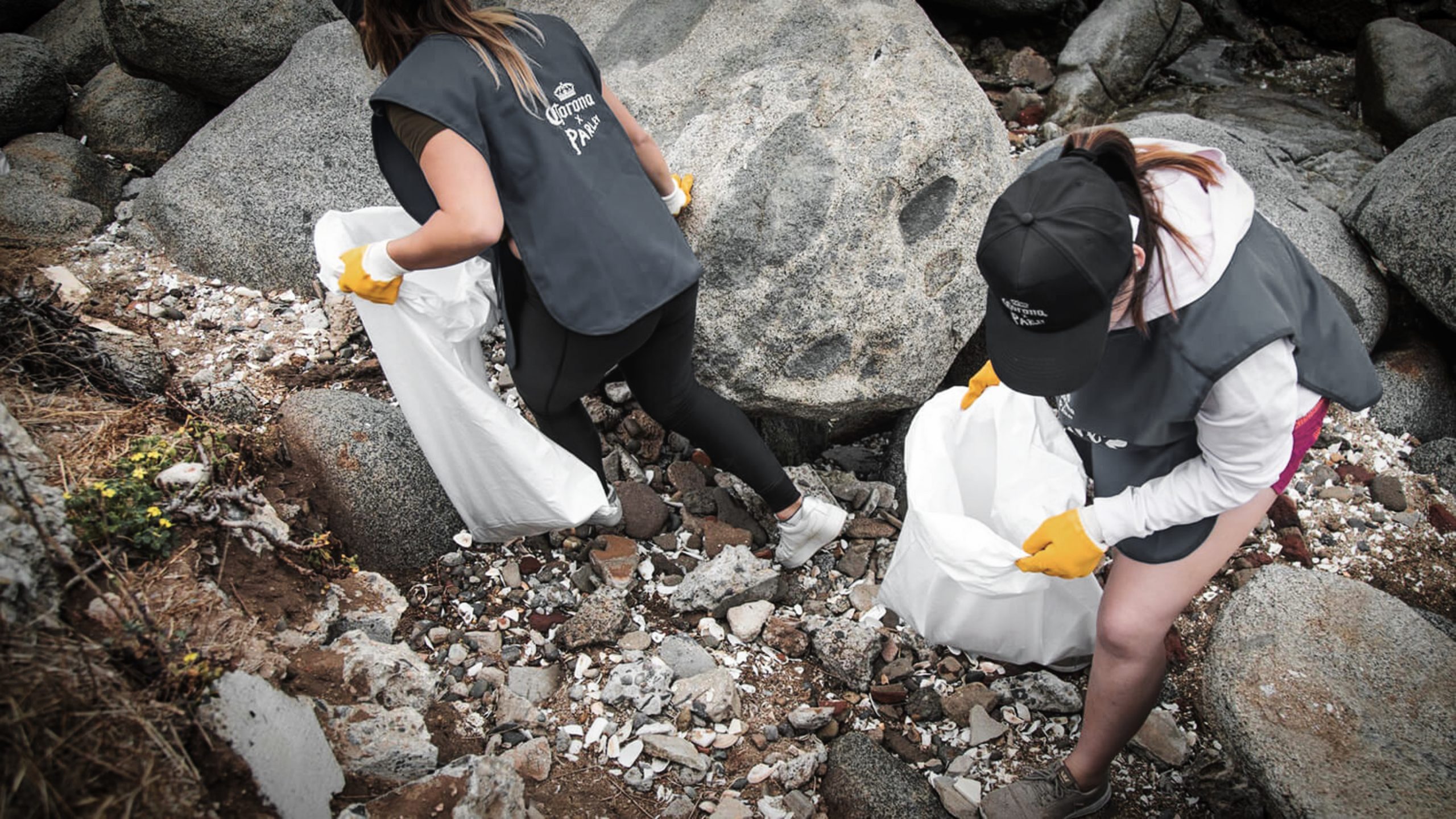As the world moves increasingly online and connected, it’s become easier than ever to live and work remotely. This means that not only can you work from home, you can work from anywhere in the world. So what is keeping you?
Digital nomads hop from city to city and country to country, never staying rooted to one spot. They work any place that tickles their fancy – one day it may be the beach, the next a coffee shop – or communal space in their Remote Work Hub. As long as there’s a decent internet connection, they’re ready and set. Many digital nomads have taken this venture even further, choosing to live minimalist lives. Instead of returning home, they are permanently on the move, selling or renting out their homes, cars, and material goods, packing only their essential possessions before hitting the road. Exactly what I decided to do not too long ago.
The less stuff we have (and the less we purchase and replace), the less energy we use and the less waste we create. However, we still need to eat, clean, sleep, and get from one place to the next – which means if you’re a digital nomad, you’re still creating a carbon footprint. But by adopting new sustainable travel habits, you can lower your footprint and actually become a sustainable digital nomad, dare I say a “regenerative” nomad. These are my top suggestions:

Choose your airline carefully and offset your CO2 emissions.
Fly Less
Flights contribute to greenhouse gas emissions, playing a factor in human-induced climate change. It will likely be the biggest contributor to your carbon footprint while traveling. Rather travel local and stay in one place for longer than just a few days. Where possible, choose trains over flights. Trains give you a lot more opportunity to slow down and take in the view. It also gives you more time to get work done. With a global pandemic constantly shutting down borders, there’s no time like the present to explore your own surroundings. For my nomadic Amsterdam friends, I would recommend Tiny House Eco resort Basecamp IJmuiden!
If you have to take a flight, try choosing an airline that partakes in a carbon offset program. On a more individual level, there is a lot you can do too. Contribute to a carbon offset program yourself or download an app like Zero Carbon or Klima. These not only calculate your carbon footprint, but also allow you to make offset payments.
Research your flight and airline beforehand and find out how they dispose of their waste, especially food waste. You can even ask the flight attendants while you’re on board. If you learn that they throw out unopened meal trays, rather don’t skip the meal, or request to take an unopened meal with you. If you find that unopened meals are used for next flights, you can skip the plane food altogether and bring your own, along with your own water and reusable cup. It is also worthwhile to send the airline an email asking them to review their food packaging choices, or better yet, post your request directly to their social media channels. (Royal Dutch Airlines probably marked me as a spammer by now, but it’s definitely getting noticed.)
Reduce and Reuse
Without a coffee machine to make a fresh cup of joe every morning, you’ll be relying on coffee shops and cafés a lot more. (And let’s face it, coffee is not something most digital nomads are willing to give up.) Sit down and use an actual mug or cup and saucer instead of a paper cup. For coffee on-the-go, get a reusable cup. This can be extended to other products, such as cutlery. Invest in a reusable set you can tuck into your bag or find a place that provides more sustainable products like paper or metal. Ditch the straw (or carry a reusable straw). For food on-the-go, opt for something you can eat with your hands like sandwiches, pies, or wraps. Ordering soup or smoothies? Place it in your reusable cup. These small adjustments seem negligible at first, but they all add up over a period of years. They can even create a sustainable “ripple effect” at vendors!
Book Green Accommodation
The tourism industry has responded to the call to protect the planet with the rise of eco-friendly accommodation. Eco-conscious or green hotels, hostels, and lodges employ practices such as recycling, running off solar power, using greywater, composting and compiling local and seasonal menus. Be mindful when booking rental homes and apartments, as these can cause local housing market prices to shoot up, placing locals at a disadvantage in their own cities and towns. (If you live in Amsterdam then you know all too well.) Should you have friends or family in the area, rather stay with them.
If you can’t find an eco-friendly option or they’re out of your price range, you can still adopt sustainable habits. Should you find your chosen accommodation isn’t practicing them, send an e-mail after your stay to recommend sustainable practices for the future. An entire hotel doesn’t need to be retrofitted or renovated to make a difference. There are many simple and effective things guests at any type of accommodation can do like reusing towels, switching off lights, and turning off the air-conditioner before you go on your day-trip adventure.
Before you even book accommodation, you’re choosing a destination. Explore sustainable cities and countries that have been dubbed environmentally-friendly. Of course, if this means a long-haul flight, rather opt for something closer. Another option is choosing a destination that needs a tourism boost after surviving a natural disaster. Don’t forget, in a capitalist system, you vote with your money.

Basecamp is a Tiny House Eco Resort and Remote Work-hub for Digital Nomads, located near Amsterdam.
Support Local Businesses and Communities
Buying local products or eating at food stalls instead of popping into a global food chain, means you’re supporting the local economy. However, stay away from unethically sourced food such as shark fin soup and refrain from purchasing souvenirs made from animal products. Avoid activities that exploit wildlife such as elephant rides, tiger interactions, and swimming with marine life. No matter what you are told, these animals are often mistreated, kept in poor conditions, and develop habits that make it difficult for them to integrate into the wild. Research the organizations and tour operators you are using.
Volunteer (for Eco-Restoration)
Use your time wisely and meaningfully. Get involved with a good cause that gives back to the community or helps the environment. However, thoroughly research the organization or program you wish to join. Volunteer tourism, or voluntourism, has risen in popularity; but the sad reality is that these kinds of organizations and programs often infringe on locals’ opportunities to get work or create unfavorable working conditions for them. Offer and apply your existing skills instead of trying to do something it takes others years to master.
That’s not to say you can’t learn new skills or not do something you’ve never done before. But commit yourself to a few months at least, so that you can properly learn and apply the work you need to do. Offering just a few weeks of your time often does nothing more than place strain on the resources of the people you are trying to help.
Alternatively, find activities that are quick and easy to join and require bodies on the ground instead of specific skills. Join a beach clean-up, set up a permaculture food system, plant trees, serve food at a shelter, be a companion at a nursing home, or visit an animal shelter and take a dog for a walk. If you’re staying with friends or family, they can make suggestions about how you can help within the community. Maybe there’s even something you can do for them. They are putting you up, after all.
Increasingly “Hero-Brands” have begun teaming up with local Eco-restoration initiatives and are launching projects such as the Corona x Parley Beach Clean up.
If you’re a digital nomad, chances are you’re at least a little tech-savvy, right? Use that knowledge to help others. Teach someone how to find more potential guests online, or make professional photographs or videos they can use to reach more eco-conscious travellers. Maybe you could offer to run an organization’s social media accounts, which is even something you can continue to assist with once you leave.
But above all, be open-minded, open-hearted, and mindful of the lifestyles, livelihoods, and cultures of other people. As a sustainable digital nomad, you’re a citizen of the world and can learn much from the people and places you encounter. Just remember to keep the planet at the forefront (and not your Instagram account), so that your practices will protect it for future generations who wish to explore it like you did. Lead by example.
If you like this article, spread the word by sharing it on Facebook or LinkedIn!



1 comment
Hi Milan,
Thank you for this post!
As a circular product designer and sustainable oriented lifestyler, it’s great to see a post like this!
There are a lot of articles out there that only focus on the key aspects of sustainable impact that are known within these Nomad communities. Like flying, disposables, etc.
Making it accesible, practical and local is soo important!
I would be interested to keep up with posts like this!
With sustainable greetings,
Fleur